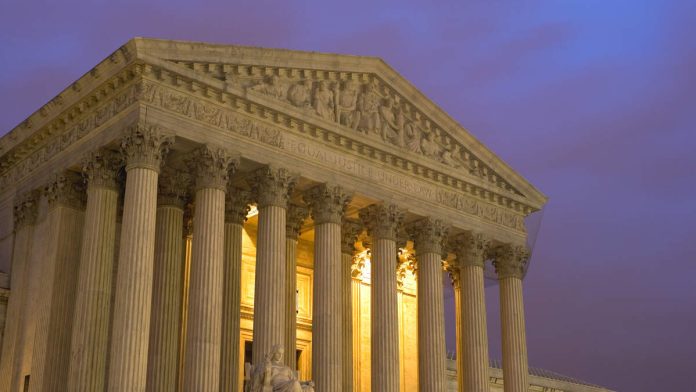The Supreme Court has denied an emergency request from the Biden administration to revive its latest plan to tackle federal student loan debt. The court’s brief order, issued on Wednesday (August 28), refused to lift a nationwide injunction imposed by an appeals court, with no noted dissents.
The Education Department had issued a regulation finalizing its Saving on a Valuable Education (SAVE) plan in July 2023, a month after the Supreme Court ruled that the administration lacked the authority to implement Biden’s earlier loan forgiveness program. The new proposal, like the previous one, was challenged by multiple conservative-leaning states led by Missouri.
The new plan included several provisions, one of which would cap the amount people have to repay for undergraduate loans at 5% of their incomes, down from the previous cap of 10%. Challengers argued that this would require spending up to $475 billion, which was not authorized by Congress and should be blocked for the same reason that the Supreme Court blocked Biden’s earlier plan.
Other provisions in the new plan would place limits on accrued interest and shorten the payment period for certain small loans, allowing them to then be forgiven. However, the St. Louis-based 8th U.S. Circuit Court of Appeals issued a more sweeping injunction in August, putting the entire plan on hold.
Solicitor General Elizabeth Prelogar argued in court papers that changes to repayment amounts are allowed under a 1993 federal law, which permits the Education Department to determine the “appropriate portion” of income to calculate payment amounts and set repayment timelines. She also stated that the appeals court injunction disrupts the settled expectations of borrowers who have made payments for years or even decades. Around eight million people are already enrolled in the SAVE plan, with other provisions previously in effect that have allowed for repayment amounts to be reduced.
The Supreme Court’s decision leaves the injunction in place for now, and the Education Department has paused loan payments for borrowers enrolled in the program due to the ongoing legal proceedings.

Recent Comments